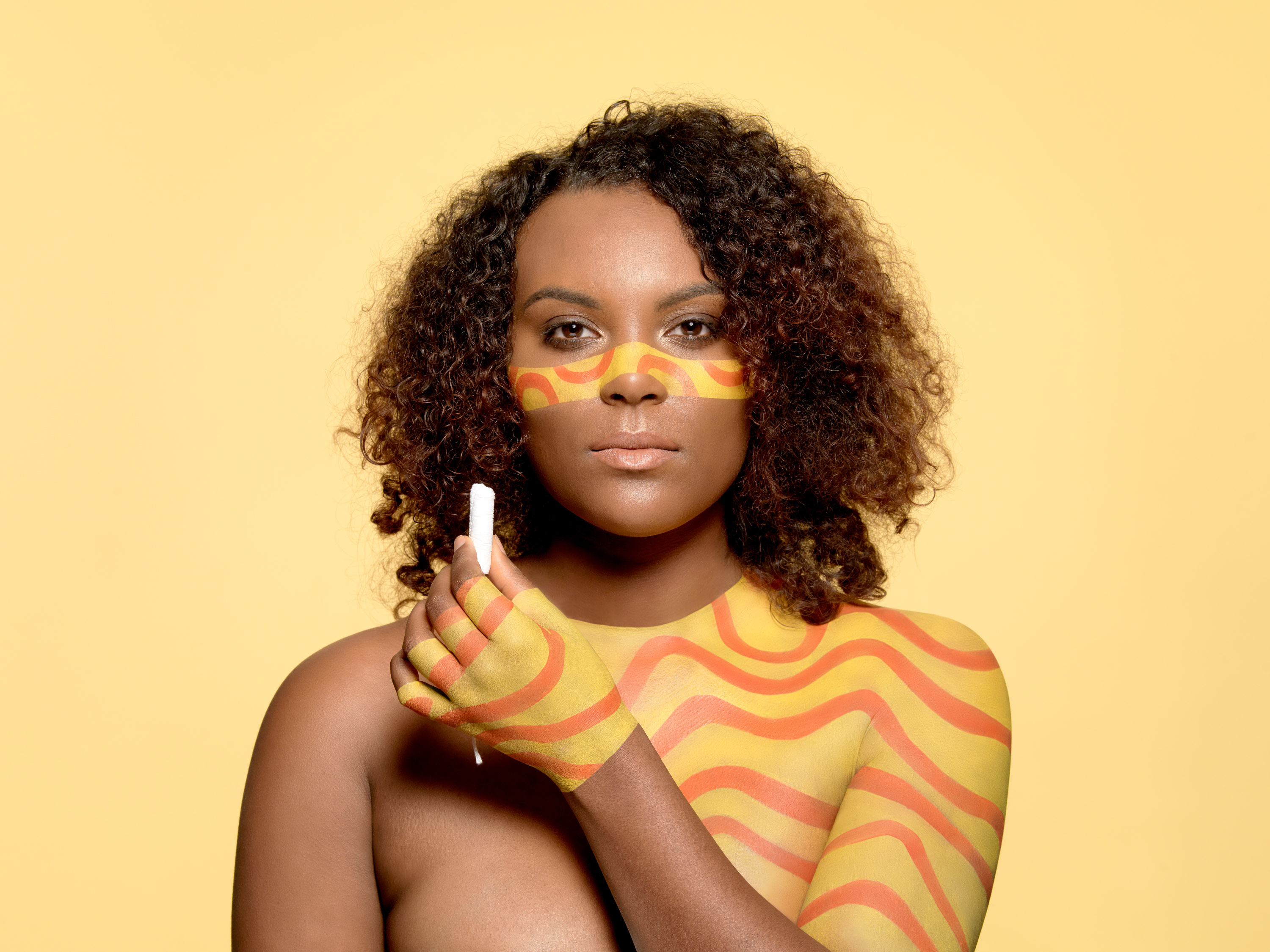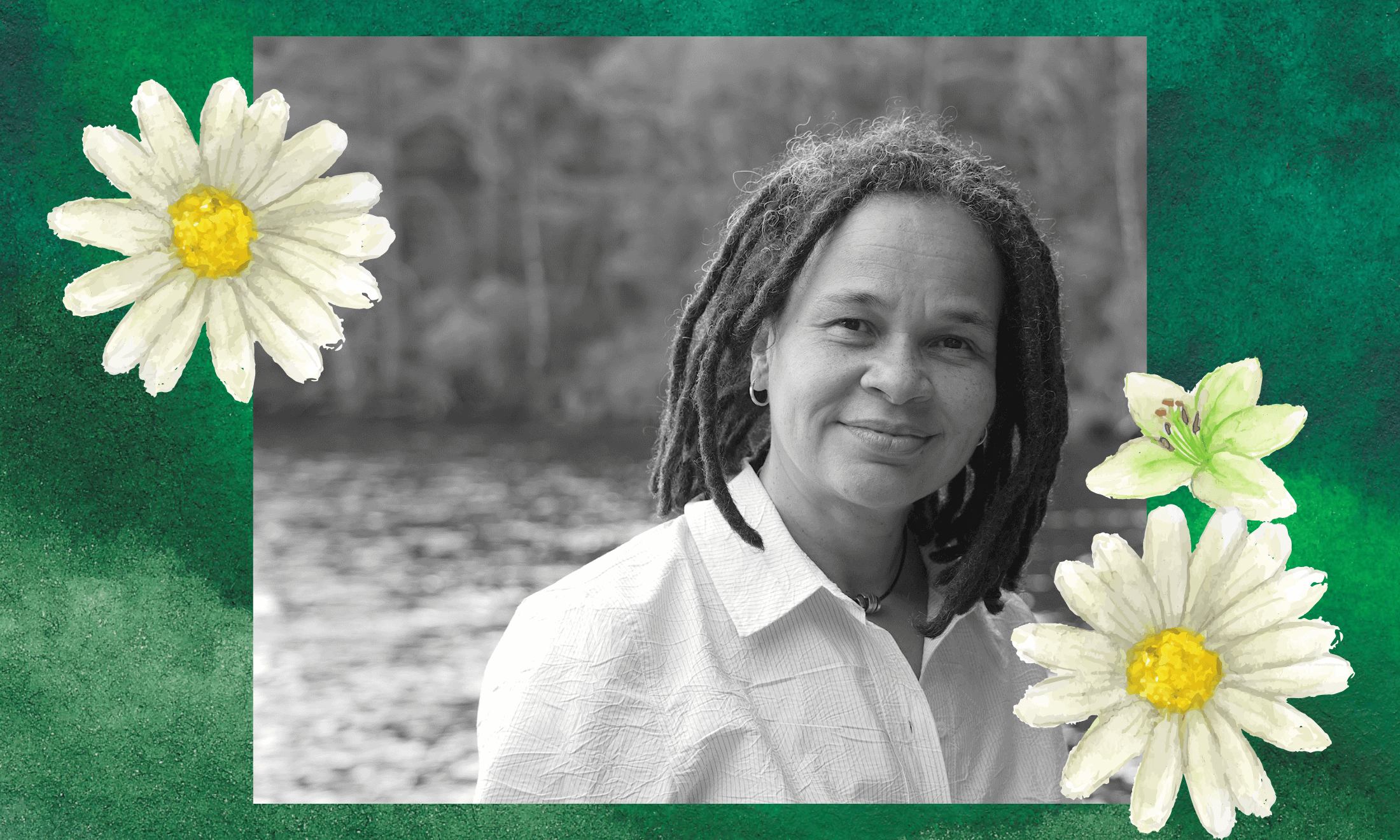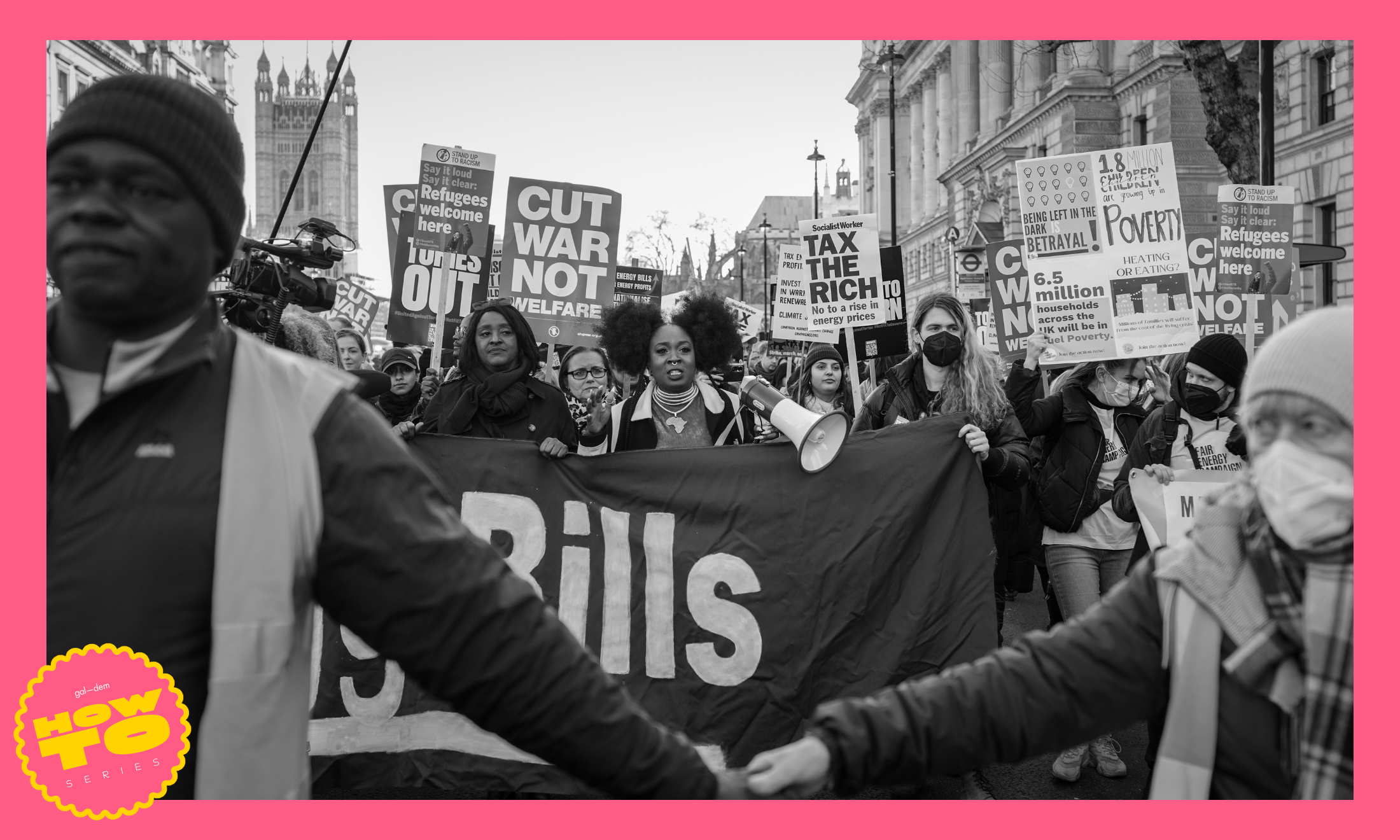
We need to talk about periods more – and this is the organic company helping us to do exactly that
Ruhi Amin
13 Feb 2019
Image via Time Of The Month (TOTM)
We all remember the first day we got our periods. It’s hard to forget the overwhelming realisation you had when it dawned on you that you’d have to deal with them every month for most of your life – and that’s just it! Some people have approximately 450 periods in their lifetime. That’s almost 10 years spent menstruating and enough tampons to construct a house. A quarter of women in the UK aged between 16 and 39 don’t even understand their menstrual cycle. With over 23 million people in the UK menstruating, it should be a topic we’re fully aware of, including understanding the causes, implications and potential remedies for how we feel throughout the cycle.
2019 marks the 90th anniversary since the invention of the modern day applicator tampon by Dr Earle Haas, which was later patented and sold to Gertrude Tenderich as “Tampax” – derived from “tampon” and “vaginal pack”. Whilst this has improved people’s autonomy over their menstruation, non-organic tampons have since received backlash for the excessive chemicals and increased risk of toxic shock syndrome. So, what better way to push forward for better than with an environmentally-friendly tampon takeover.
“Mainstream sanitary pads contain the equivalent of four plastic carrier bags”
Time of the Month, or better known as TOTM, are a UK company producing 100% organic feminine hygiene products. TOTM exists to drive change with their ecologically friendly range of pads, tampons, liners and menstrual cups. All their products are made with certified organic cotton and are completely free of perfumes and chemicals.
With climate change more prevalent than ever and Mother Earth quite literally dying, more needs to be done to reduce our waste. Almost 1.3 billion tampon applicators end up in landfill sites in the UK alone and an estimated 2 billion sanitary items are flushed down Britain’s toilets each year. Mainstream sanitary pads are over 90% plastic and contain the equivalent of four plastic carrier bags – none of which can be recycled.
Environmental implications can be reduced by using cardboard-only applicators and eco-alternatives wherever possible, for example, like TOTM who use paper or biofilm wrappers as a way to combat these issues. What’s more, conventional cotton has been labelled the world’s “dirtiest crop”. Cotton farming damages surrounding air, water and soil due to its heavy use of chemical pesticides. Like TOTM, companies need ethical welfare management in order to sustainably source cotton.
Besides the dire environmental consequences, there are various health issues connected to using feminine hygiene products so close to our vaginas, one of the bodies most sensitive mucous membranes. GM cotton, cellulose, chlorine, fertilisers, pesticides, dyes and perfumes are all chemicals that can be found in most large brand wholesale merchandise. All of these can cause irritation and, in extreme cases, enter your bloodstream and damage your internal organs. We check the packaging and source of most of the food we eat nowadays and this same vigilance needs to be applied to things like tampons and pads that go inside or very close to our bodies.
“By staying silent about periods we convey a negative message”
So, why are 49% of girls aged 14-21 in the UK embarrassed by their periods? I caught up with TOTM’s BAME chair and director, Ruby Parmar, to discuss the roles brands play in educating and breaking down taboos: “as a mother with a young daughter, I believe it’s crucially important that brands like TOTM are challenging this industry. It’s time for ‘ingredient transparency’; we deserve to know what our period care products are made from.”
With this in mind, Ruby shared what changes TOTM is bringing to the table, “TOTM is fighting for a future free of period taboos. We work with an incredible network of pioneers that are all passionate about driving change and who front our brand campaigns.”
They also use their online platforms as a way to tackle the perpetrated stigmas against menstruation: “we have a growing community across our social media channels and launched the Period Powerful Hub on our website in 2018. It’s an active content platform with pieces on menstrual health, periods, sustainability, real-life stories and inspirational profiles. Our goal is to educate and empower.”
Period taboos are a global issue. In recent years we’ve seen efforts to challenge negative attitudes surrounding periods, but this isn’t an easy fix – it’s a deeply rooted problem that spreads from the classroom to the workplace. By staying silent about periods, or worse, treating them as “disgusting”, we convey a negative message.
Menstruation and products to support these periods should be considered as important, and not a “non-essential luxury”, as they can be a monthly biological detox. We shed the old and regenerate anew in a physical sense, but mentally and spiritually many believe it’s a great form of emotional catharsis and starting afresh.
“We need to share our experiences in order to normalise menstruation”
The past few years have seen a rise in passionate campaigners, celebrities and organisations working to eradicate shameful attitudes centered around periods. Chrissy Teigen got up close and personal with her “period skin” in a video on Twitter exposing her blotchiness and breakouts. In 2017 during Women’s History Month, Janelle Monáe shut down period shamers by tweeting “Menstrual Period Blood. #WomensHistoryMonth” followed by another tweet about how ridiculous it is to “be grossed out” by periods. TV actress Saloni Chopra shared a photo on Instagram of menstrual blood on her bed sheets commenting, “If you try to hush-hush me, I’ll only scream louder. Sincerely, Every. Damn. Girl.”. As an actress based in India, she’s tackling the silence around the issue of women’s health in South Asia.
All in all, we must continue the debate on periods and ensure that young people growing up don’t feel the taboos of the generations before them. Talking or learning about periods shouldn’t cause discomfort, and we need to share our experiences in order to normalise menstruation.
We must be aware of the health and environmental factors that derive from the products we consume. Since people use roughly 250 tampons per year, they should be recyclable, of good quality and accessible. Scotland recently became the first nation in the world to offer free sanitary products to pupils, students and people from low income households in order to battle period poverty. Their government unveiled a £5.2 million scheme to help improve people’s health and wellbeing, and we should all be following in these footsteps.
TOTM is available to purchase on its website and also across the UK and Ireland in selected Tesco stores and online on Ocado. They also provide their organic cotton tampons, pads and liners in a subscription format, delivering them straight to your door when you need them.









